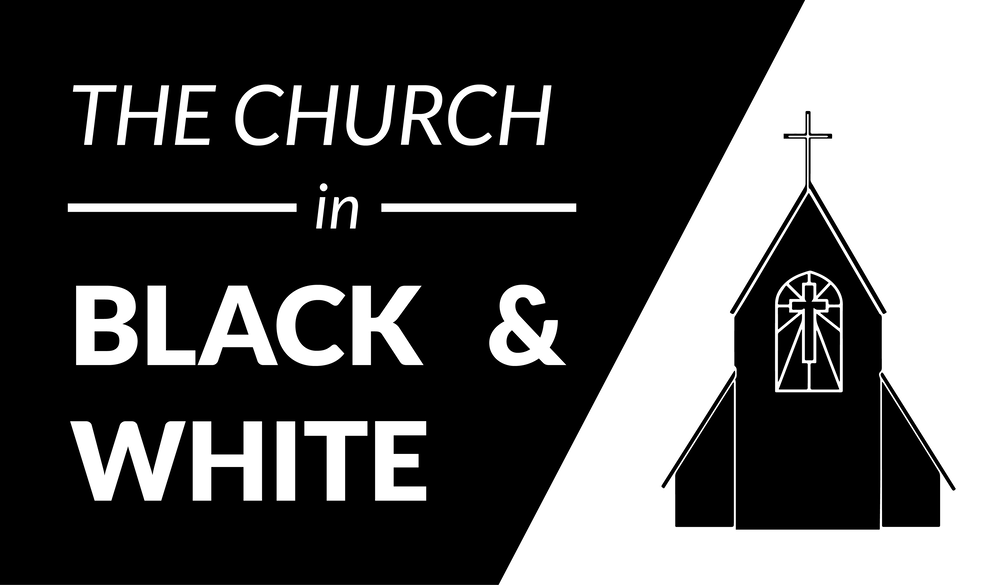“The Church in Black & White,” a one-day virtual symposium on Saturday, Sept. 12, explores the history of Brethren and Mennonite churches on issues of race.
The event is co-sponsored by Eastern Mennonite University’s history and Bible, religion, and theology departments and the Brethren and Mennonite Heritage Center in Harrisonburg, Va. EMU students and faculty/staff can register for free.
Though initially planned for last spring but delayed because of COVID-19, this one-day symposium is more timely than ever as many historically white Mennonite and Brethren congregations are looking in earnest at their own racialized histories after the killings of George Floyd and Breonna Taylor and the resulting protests and national debates driven by the Black Lives Matter movement, according to the conference website.
“In these times of racial reckoning, and amidst the division and turmoil in our political realm that often spills over into our churches and congregations, this topic is especially important at this moment,” says Professor Mark Sawin. “The symposium’s five speakers will provide historical and cultural context, as well as insights into how issues of race continue to play into the religious realities of Mennonite and Brethren congregations and institutions. It’s a topic very much for our times.”
Conference speakers
Drew Hart, professor of theology at Messiah University, will speak on his two books, The Trouble I’ve Seen: Changing the Way the Church Views Racism (2016) and Who Will Be a Witness: Igniting Activism for God’s Justice, Love, & Deliverance (2020). Hart’s work beyond teaching and writing has included pastoring in Harrisburg and Philadelphia, working for an inner-city after-school program for black and brown middle school boys, delivering lectures and leading anti-racism workshops, collaborating with faith-based organizers in his neighborhood, and doing a broad range of public theology. Hart sees his current role as a theology professor as an extension of his ministry vocation that began with pastoral leadership.
Stephen Longenecker is the Edwin L. Turner Distinguished Professor of History at Bridgewater College, Bridgewater, Virginia. He will examine slavery in the Shenandoah Valley during the 19th century and the response of German Baptist Brethren and Mennonites to black enslavement.
Doris Abdullah is the Church of the Brethren representative to the United Nations, in addition to being a breast cancer survivor, parent, associate pastor for the First Church of the Brethren in Brooklyn, New York, volunteer with Brethren Children Disaster services, and chaplain with New York University Lutheran Hospital. Her seminar will center on proclaiming peace and light over the darkness of hate, religious intolerance, greed, racism, discrimination, bigotry and ignorance.
Tobin Miller Shearer is director of African-American Studies at the University of Montana. He is the author of several books including Daily Demonstrators: The Civil Rights Movement in Mennonite Homes & Sanctuaries (2010), and his newest work, Two Weeks Every Summer: Fresh Air Children and the Problem of Race in America (2017), which will be the basis of his presentation.
Eric Bishop is superintendent/president of Ohlone College with campuses in Fremont and Newark, California. The guiding question for his session, “Being a Peace and Justice Church in the Contemporary Time,” is how can historic peace churches respond to racial issues today?

Looking forward to this mini-conference.
Not sure if I will be able to access, but I will try.
Will this be recorded for access later? Really important for us to learn the history that has been untold.
Please check the Brethren and Mennonite Heritage Center website after the conference for more information.